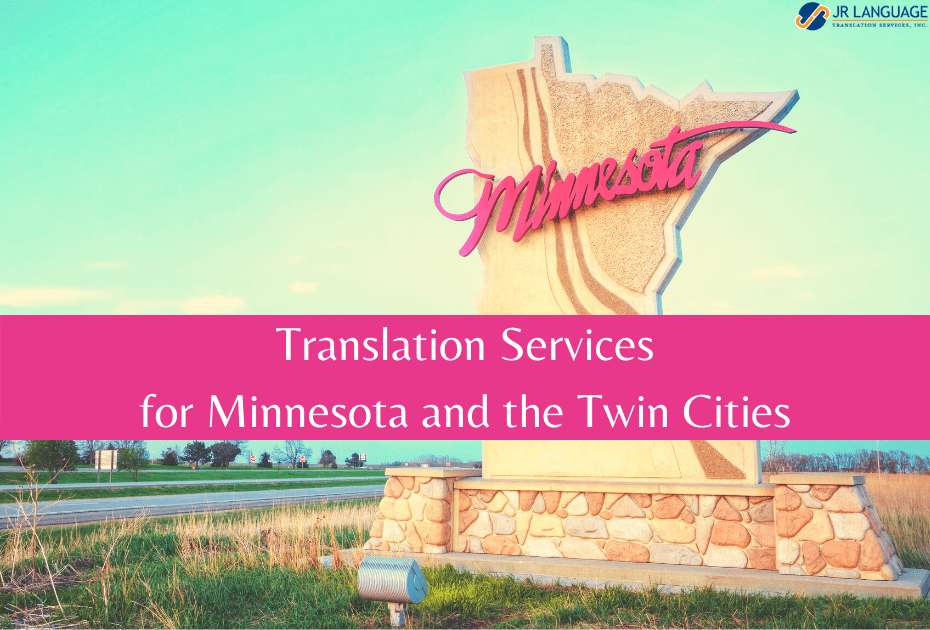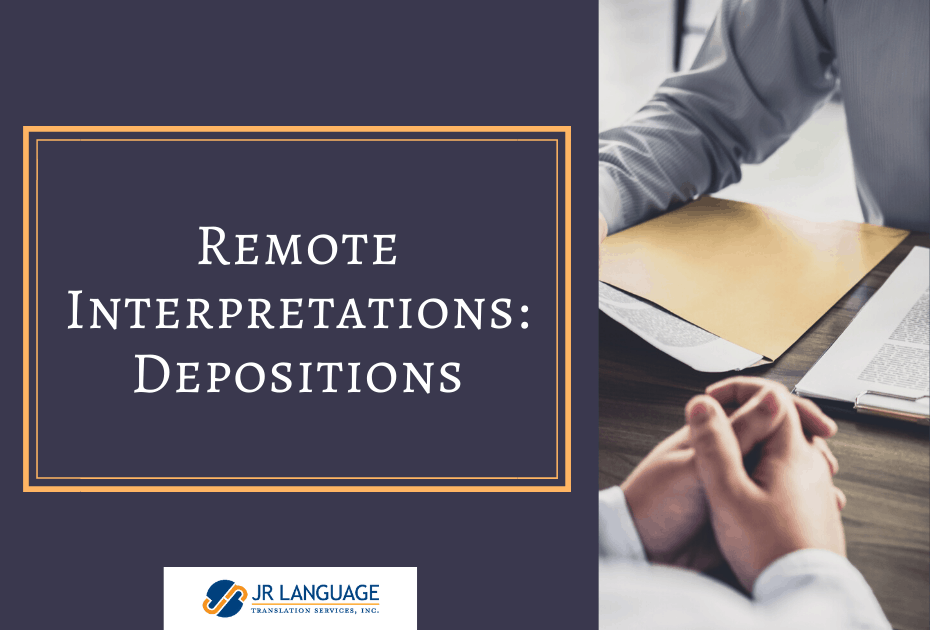Legal Translation
Language is paramount in the law industry, from depositions and trials to supporting documentation. The most significant cases may come down to the smallest words or phrases. The complexity and intricacy of the legal system mean that when you need translation services, you need them done right, the first time.
Legal document translation services are frequently needed to understand lawyers and their teams or submit to the court or another party. These translations are high stakes because even minor errors can put cases and judgments at risk. Therefore, the translation of legal documents must be correct, and working with an experienced legal translation company is a crucial choice.
This blog will discuss the challenges of legal translations, the different areas of translation, and what makes a good professional legal translator.
What is Legal Translation?
Legal translation is the process of rendering text used in a legal setting or a legal document from one language into another.
Legal Translation Services vs Legal Interpretation
Translation and interpretation services are frequently necessary in law, even though they both involve changing from one language to another. However, they are not the same service.
Translation services deal with written documents and content, while interpretation deals with speech, often in real-time. While both services are essential, legal interpretation places a greater burden on the interpreter to convey not just the speaker’s words but also their tone, nuances, and nonverbal expressions. For example, a legal interpreter may work with a witness deposition, while a translator will work with written evidence to support the case.
The Challenges of Legal Translation
Language and legal systems vary from country to country, which presents legal translators with a problem. They must not only be fluent in both the target and source languages but also be subject matter experts in the legal systems of both countries.
Working with different legal systems in other languages can create a grey area for translation that’s only made up for with subject matter expertise. What a word or term means in one country is not uniform worldwide, presenting unexpected stumbling blocks. Each country may have its own definitions of business categorizations, and what constitutes a “sole proprietorship” or “limited liability company” can vary. Different countries consider the same aspects of law through different lenses. In some cases, words or laws in the source language simply won’t have an equal in the target language. Additionally, the court systems, requirements, and deadlines vary from country to country.
A professional translator must understand both the languages and the court systems to create a translated document that is grammatically accurate and legally correct and admissible.
When are Legal Translations Necessary?
Typically, legal translations in the USA may require a certified or notarized translation, so the translation agency needs to offer certified legal translation services.
A certified translation requires the translator or translation agency to sign a statement ensuring the accuracy of the translation. Once signed, this document also becomes a legal record. Certified translations are needed for many avenues of legal translation.
- Court Documents: Any documents submitted to a court of law or used for trials and hearings must be certified. This includes print and digital documents such as evidence, litigation materials, witness statements, deposition records, and court transcripts.
- Government Agencies: Documents submitted to legal or government bodies require a certification. These may include birth and death certifications, wills and testaments, adoption agreements, patent confirmations, and application letters.
- Immigration: Immigration is an area with a massive need for legal document translation services. Certified translations are the standard U.S requirement for immigration, and applications for residency or visitor’s permits or visas in a foreign country usually require that all documents be submitted in the country’s official language. These include government-issued passports or driver’s licenses, birth certificates, marriage licenses, and other immigration paperwork.
- Multinational Corporations: Companies working in multiple countries might require certified translations and even apostilled foreign documents to complete transactions. The types of documents that necessitate translation are vast and can include financial reports or statements, confidentiality agreements, contracts, patent filings, proposals, legal disclaimers, and more. Even for businesses that operate only inside the US, legal documents must often be translated from Spanish to English and vice versa if a Spanish-speaking client is involved.
This applies to multinational companies outside legal matters, like HR processes, and even social media platforms.
The Skills of Legal Translators
When it comes to legal translations, the accuracy and completeness of the content are paramount. But that’s not the only requirement for legal translators, who must have perfect command and understanding of both languages, experience in the field of law, and knowledge of the legal systems involved.
Legal translators must also understand and manage:
- Attention to detail. Great attention to detail, supported by the skills and experience of the professional translator, ensures the accuracy, completeness, and appropriateness of the translated documents.
- Deadlines. The legal industry has strict deadlines, and delays aren’t tolerated well in court. Legal translators must be able to turn around an accurate document under tight deadlines.
- Confidentiality. Many legal documents contain sensitive or personal information, which must be treated as confidential. Anyone privy to it must exercise caution and respect. It’s essential to work with a legal translation service with security features to prevent leaks.
- Evolution of laws. Laws are not static; they evolve and change as new laws are passed, and new precedents are set in court. It’s vital to work with translators who stay abreast of legal industry developments and are current on the pending legislation, often for more than one country.
- Linguistic Changes. Legal documents are written formally and in a specific way for each country’s court system. The source language’s linguistic structure may differ from the target language’s or have no direct equivalent. An experienced translator will be able to translate the document into a suitable language structure in the target language while preserving in its entirety the information in the source document, including the tone and any sense of urgency.
- Proofreading. Correctness is paramount in legal documents, so your legal translation company needs a detailed and failsafe proofreading process.
Importance of working with the best Team of legal Translators
In the legal industry, words are everything. Entire cases and judgments can hang on the nuances of a sentence or a single word, and this becomes even more critical when translation services are needed to support and clarify cases. A single error in the translation can cause months- or even years of problems and headaches. However, working with an experienced company and its team of legal translators can save you trouble and give you confidence in the results. When you work with the professionals at JR Language, you work with a team with the experience and resources to make the translation process smooth and on time.





